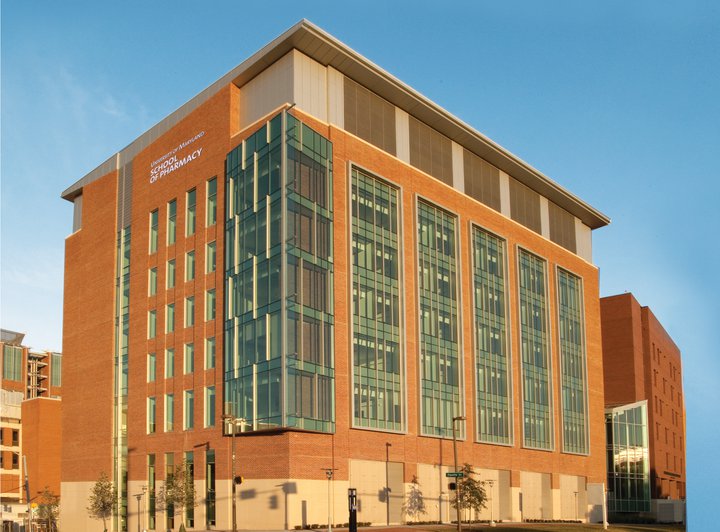Dr. Ritu Lal still keeps ties to the Baltimore-based University of Maryland (UMD) School of Pharmacy, the place where she earned a Ph.D. nearly 25 years ago, through a novel partnership with that school’s parent institution.
The CEO of the Palo Alto, California-based GEn1E Lifesciences teamed up with the University of Maryland, Baltimore (UMB) to develop treatments for therapies that address lung diseases, cancers and muscle degeneration. Its relationship has grown ever since GEn1E Lifesciences, a 2019 alum of Silicon Valley’s acclaimed Y Combinator accelerator, acquired the license to the UMB-developed p38a kinase inhibitor program, which it used to develop treatments for inflammatory and age-related diseases. Those treatments are now in the clinical stage.
Now, the relationship with UMB continues to grow as Lal plans to commercialize a sibling therapeutic intervention with so-called extracellular signal-regulated kinase 1/2 (ERK1/2) immunomodulators.
The new license and research stand on the shoulders of work by Dr. Paul Shapiro of the aforementioned pharmacy school and Dr. Jeffrey D. Hasday of the University of Maryland School of Medicine. The duo discovered a way to target only the part of an enzyme that was experiencing inflammation instead of the whole enzyme. When the entire enzyme is targeted it also impacts parts that can help treat the disease.
Think of it as discovering a way to provide medicine that doesn’t cause friendly fire. The ERK1/2 follows the same concept of selective targeting.

“We do not inhibit the anti-inflammatory pathways. It is very different from, say, a steroid or those drugs that are immunosuppressive,” Lal told Technical.ly. “We only block certain pathways and, therefore, we are safe and we work.”
The new applications for other inflammatory diseases could have an impact on COVID-19 and cancer treatments, according to Dr. Lal’s interpretation of data coming from Shapiro’s research.
Lal and cofounder Soujanya Bhumkar see GEn1E Lifesciences as a “techbio” company instead of a biotech company. That means that they’re trying to innovate on the commercialization process of life sciences companies. With the company’s use of machine learning, the pair see a world where tech-enabled increases in efficiency and efficacy of clinical trials enable biotech startups’ products to reach the market in three years instead of seven
The current applications of machine learning to these therapies and drugs are like going from an abacus to a calculator: The transformation increases the quality of data to a point that scientists like Lal can make better decisions in the drug development process.
“Whether it is a physics-based simulation, whether it is a machine intelligence that helps drive the compound optimization and the insights we get from the chemical biology — that positive feedback loop helps us get through the entire drug development process in a smarter and more efficient way than is typically possible,” Bhumkar explained.







